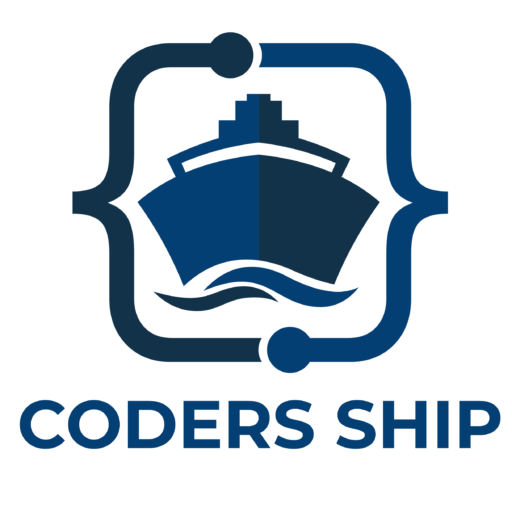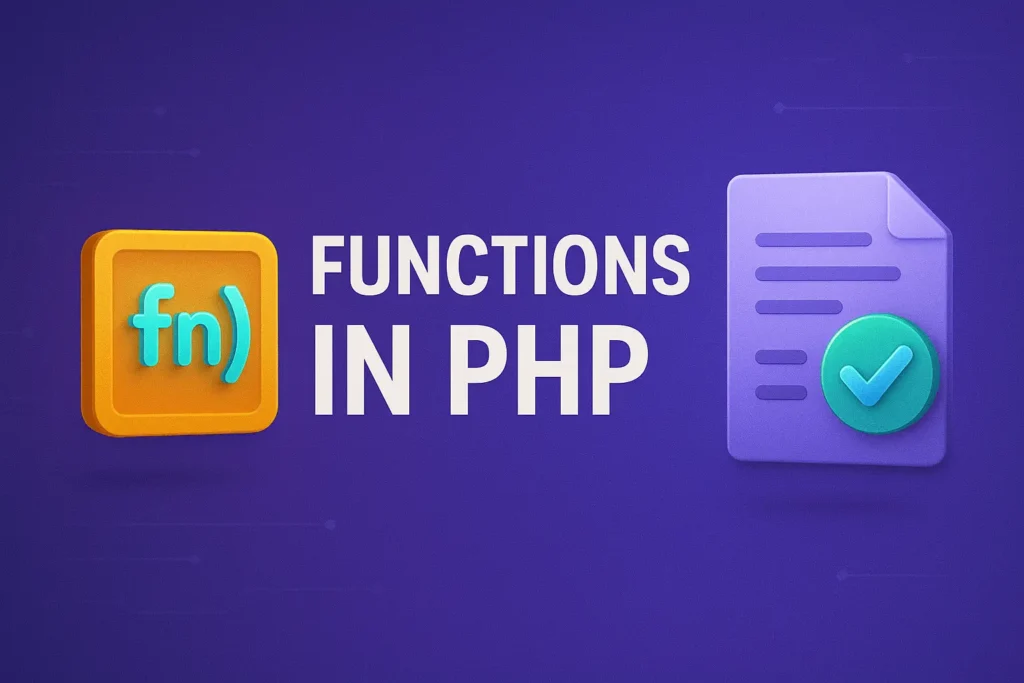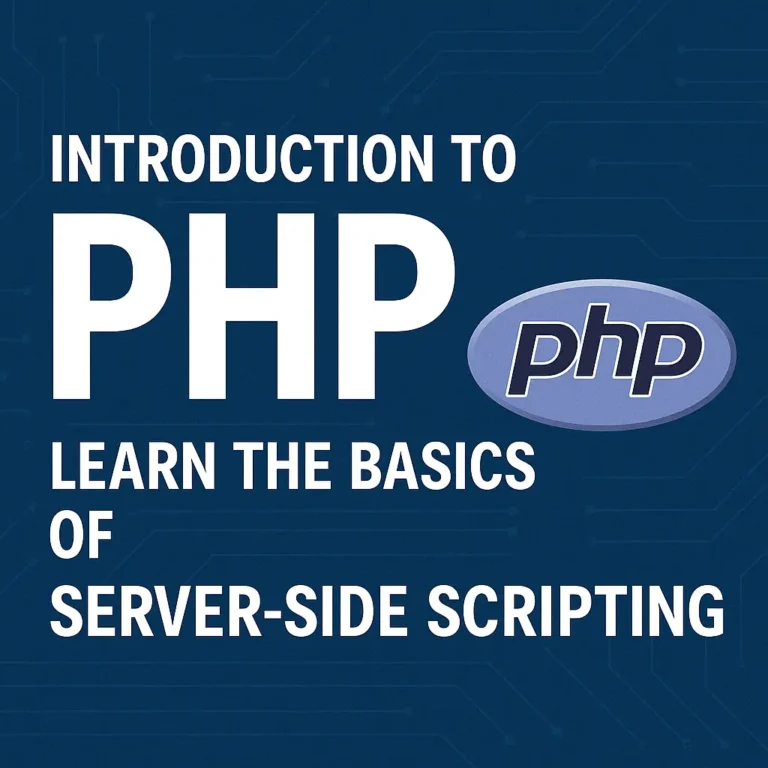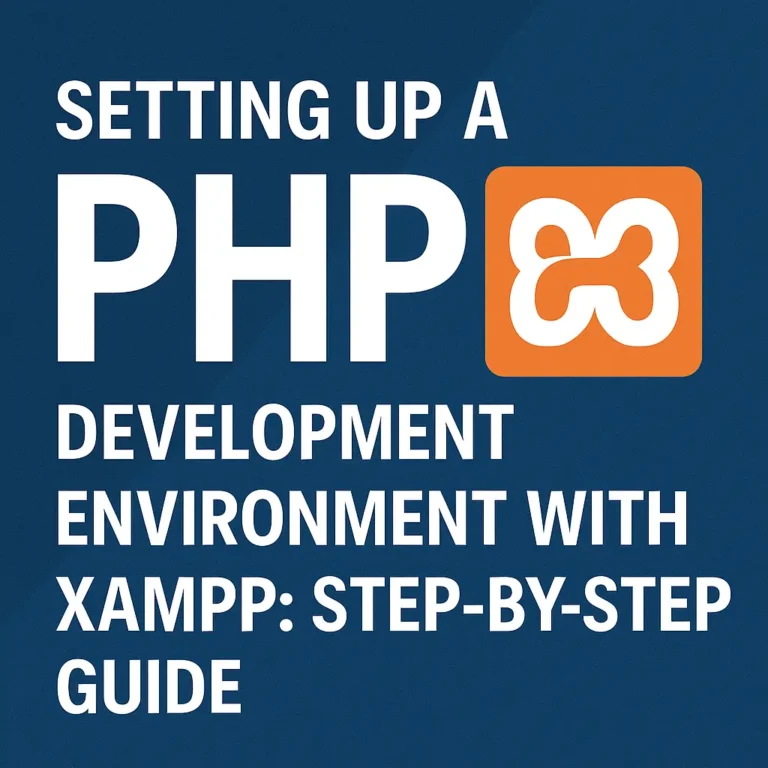In PHP, functions play a crucial role in enhancing code readability, maintainability, and reusability. In this comprehensive guide, we’ll delve into the intricacies of functions in PHP, covering everything from declaration to variable scope, accompanied by illustrative code examples.
Understanding Functions
Functions in PHP are self-contained blocks of code that perform specific tasks. They encapsulate a set of instructions and can be called from anywhere within the script. Functions promote code reuse, modularization, and abstraction, making it easier to maintain and scale PHP applications.
Declaring Functions
In PHP, functions are declared using the function keyword followed by the function name and a pair of parentheses. The function body is enclosed within curly braces {}.
<?php
function greet() {
echo "Hello, World!";
}
?>
In this example, we declare a simple function named greet that echoes “Hello, World!” when called.
Passing Arguments
Functions in PHP can accept parameters, allowing developers to pass data to the function for processing. Parameters are declared within the parentheses following the function name.
<?php
function greet($name) {
echo "Hello, $name!";
}
greet("John");
?>
In this example, the greet function accepts a parameter $name and echoes a personalized greeting message.
Returning Values
Functions in PHP can return values using the return statement. The returned value can be of any data type, including integers, strings, arrays, and objects.
<?php
function add($a, $b) {
return $a + $b;
}
$result = add(5, 3);
echo "The sum is: $result"; // Output: The sum is: 8
?>
In this example, the add function takes two parameters $a and $b and returns their sum.
Variable Scope
Variable scope refers to the visibility and lifetime of variables within a program. In PHP, variables can have different scopes, including global scope, function scope, and block scope.
<?php
$name = "John"; // Global variable
function greet() {
global $name;
echo "Hello, $name!";
}
greet(); // Output: Hello, John
?>
In this example, the $name variable is declared outside the function greet, making it a global variable. To access global variables inside a function, the global keyword is used.
Best Practices
Use Descriptive Function Names: Choose meaningful names for your functions that accurately describe their purpose and functionality.
Keep Functions Short and Focused: Break down complex tasks into smaller, reusable functions to enhance readability and maintainability.
Avoid Side Effects: Functions should ideally have no side effects outside their scope, meaning they should not modify global variables or have unintended consequences.
Conclusion
Functions are indispensable tools in PHP programming, enabling developers to encapsulate logic, promote code reuse, and improve code organization. In this guide, we explored the fundamentals of functions in PHP, including declaration, parameter passing, return values, and variable scope. By mastering functions, you can write cleaner, more modular code and build robust and scalable PHP applications.
<?php
// Example PHP code
function greet($name) {
return "Hello, $name!";
}
echo greet("Alice"); // Output: Hello, Alice
?>
This PHP script demonstrates the usage of a function greet that accepts a parameter $name and returns a greeting message. The returned value is then echoed to the output.






